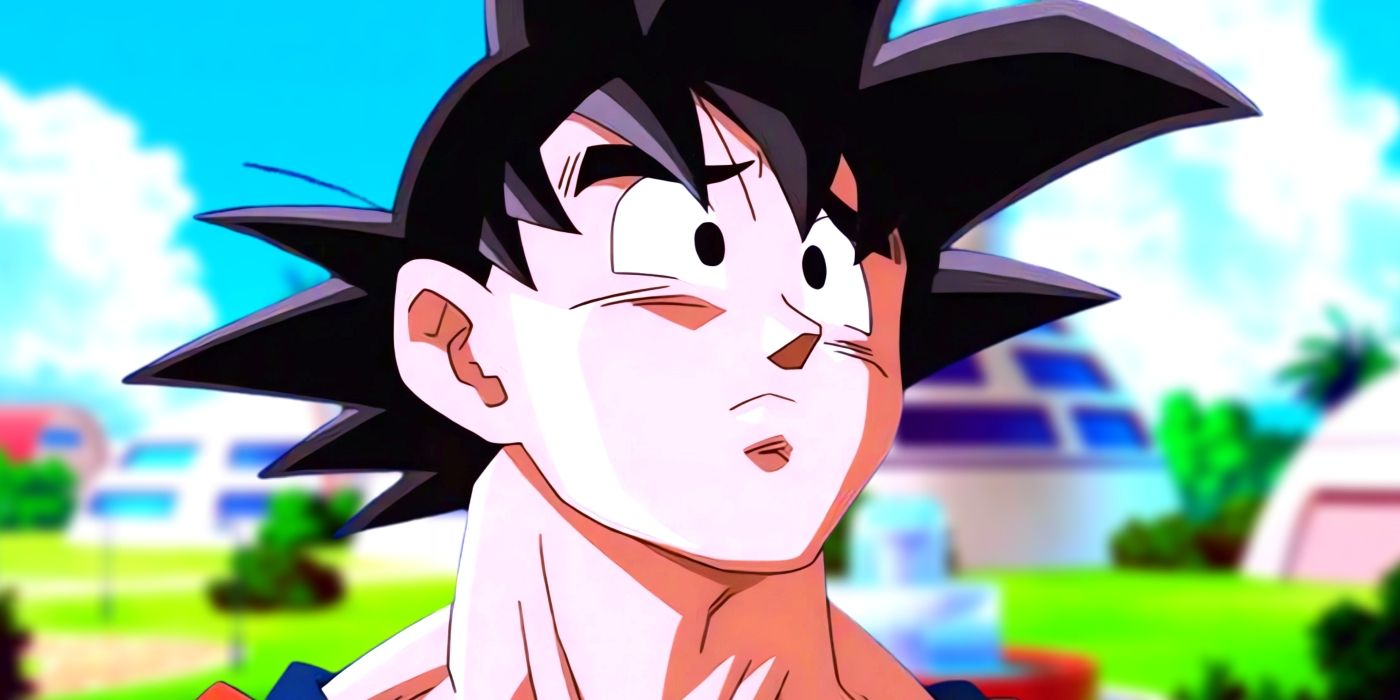I hate to admit it, but some part of me — certainly not my eyes or ears, but some part of me, at least — is going to miss Sony’s Spider-Man Universe, which the studio is reportedly putting on pause on account of its widespread (and frequently hilarious) creative and commercial failures. Sure, that’s a pretty good reason to rethink an ill-conceived mega-franchise, let alone one that’s named after a character who basically wasn’t allowed to appear in it. And sure, releasing two films as misbegotten as “Madame Web” in the same calendar year is the kind of thing that elevates meme-worthy corporate malfeasance into a subject worthy of a bestselling book about how things went wrong.
But to behold J.C. Chandor’s monumentally goofy “Kraven the Hunter” is to appreciate how refreshing it could be to watch a superhero movie that seemed totally oblivious to the monocultural ecosystem that created it. Like “Morbius,” “Madame Web,” and even the relatively coherent “Venom” trilogy before it (which mined its own unique charm from the chaos of its design), “Kraven the Hunter” feels like it escaped from an alternate reality where the MCU never modernized its genre into an ever-growing content blob where franchises are plotted like a Bene Gesserit birth plan and bound together by a Maoist adherence to their own aesthetics.
Immune to fan response, impervious to quality control, and so broadly unencumbered by its place in a shared universe that most of its scenes don’t even feel like they take place in the same film, “Kraven the Hunter” might be very, very bad (and by “might be” I mean “almost objectively is”), but the more relevant point is that it feels like it was made by people who have no idea what today’s audiences might consider as “good.” If you told me that “Elektra” was the only superhero movie that Chandor had ever seen before directing this one, I would believe you without hesitation — if only because it might help to explain why all of the CGI in “Kraven” looks the same as it would have in 2005.
That “Kraven” is so out of step with contemporary expectations is as much of a blessing as it is a curse. Almost. The (unambiguously heroic) origin story that screenwriters Matt Holloway, Art Marcum, and Richard Wenk have devised for one of Spider-Man’s oldest villains is a hot mess from the moment it starts, as its efforts to split the difference between a super-powered “Uncharted” and a gangster rivalry in the spirit of Chandor’s own “A Most Violent Year” are considerably less successful than Aaron Taylor-Johnson’s efforts to split his entire body into 412 distinct abs. At the same time, however, the pathos that “Kraven” attempts to mine from its namesake — rooted in a paternal drama about a domineering father who only values his sons for their “strength” — is rawer and more primal than most of what the MCU has ever cooked up.
For those who aren’t familiar with the character from the comic books, or from his appearance in the recent “Spider-Man 2” video game, or even from his anchor position in my favorite “Marvel Snap” move deck, Kraven the Hunter is basically an indestructible alpha-bro who gets his rocks off by hunting the world’s most dangerous game. That’s usually Peter Parker, but that’s because Kraven is usually the bad guy. Not here. The only “true” son of billionaire Russian arms dealer Nikolai Kravinoff (a Russell Crowe, who yammers about weakness, fear, and breaking his enemies with enough borscht in his voice to make Ivan Drago seem like a respectful depiction of the average Soviet by comparison), Sergei Kravinoff and his scrawny half-brother Dmitri Smerdyakov were both raised in their father’s image, but neither of them grew up to reflect his views on power and violence.
As we see in a lengthy flashback, one that’s entirely composed of moments that make you go “uh oh” about the next two hours of your life, it all went sideways when the boys’ mother committed suicide. Deciding that his late wife wasn’t worth the honor of a funeral, Nikolai pulls his sons out of their upstate New York boarding school in order for them to process their loss on a hunting trip in northern Ghana, where a man-eating lion has killed several dozen people. Chomped in half after refusing to shoot the majestic creature with his gun, Sergei is only saved from becoming the beast’s next victim by a tonic given to him by a random little girl named Calypso, who happens to be wandering through the brush at the exact same time as the attack. Mixed with a drop of computer-generated lion’s blood, a pinch of that magic potion is all it takes to unlock Sergei’s inner animal and endow him with the powers of nature’s greatest predators. The strength of an ape, the speed of a cheetah, the comic timing of a grizzly bear, and so on.
When the action picks up 16 years later, we find that Sergei (Taylor-Johnson) and Dmitri (Fred Hechinger) have both rejected their father’s dream of having the kind of large adult sons who post photos of themselves standing next to the carcass of an endangered snow leopard they just murdered from a safe distance with a nuclear drone strike. Sergei — in the process of rebranding himself as Kraven — has fulfilled his destiny as a hunter, but one who exclusively targets men like his dad. Dmitri meanwhile, has leveraged his chameleon-like ability to imitate people’s voices into a career as a lounge singer at the London nightclub that Nikolai bought for his beta male bastard son.
One of many telling examples as to how breathtakingly silly this movie can be: Dmitri’s superpower is best illustrated by showing Hechinger lip-sync to studio recordings of Harry Styles and Tony Bennett hits. To add insult to inanity, it also looks like they digitally shrank Hechinger’s bones to make him seem extra puny, as if any normal-sized actor wouldn’t be emasculated enough standing between Aaron Taylor-Johnson and Russell Crowe, both of whom represent their own flavors of peak male physicality.
But “Kraven the Hunter” can also be silly on purpose in a way that separates it from more “respectable” superhero fare. Case in point: Alessandro Nivola’s characteristically inspired performance as Nikolai’s rival arms dealer Aleksei Sytsevich (aka “Rhino”), whose skin hardens into bullet-proof greyscale whenever he unplugs the medicine tube that sticks out of his sporty little backpack.
Invoking his similarly mannered and memorable turn as Pollux Troy in “Face/Off,” Nivola plays Rhino as a sociopathic Russian intellectual who exclusively learned English by watching Christopher Walken movies. Every syllable he speaks is a cinematic universe unto itself, complete with its own backstory, easter eggs, and commercial tie-ins. At one point he caws in frustration like a bird of prey, and while the animal metaphors might get a bit mixed up along the way, there’s never the slightest doubt that Nivola has absolute command over the choices he’s making. Poorly explained as his beef with Nikolai is (the plot only clicks into place when Rhino kidnaps Dmitri in the second act), I was happy for any reason for him to be on Kraven’s hit list.
On the flipside, there isn’t a narrative justification in the world that could hope to explain what Ariana DeBose is doing as grown-up Calypso (now a London-based attorney), and so I guess it stands to reason that this movie doesn’t try to offer one. Calypso ostensibly needs Kraven to kill the bad guys who she can’t defeat in court, but that fails to account for how involved she becomes in his hunt for Rhino (ditto the character’s adolescent encounter with the Kravinoff family, which does more to validate why Kraven was so intent on finding her). It definitely fails to account for why DeBose delivers each of her wooden lines as if she were reading them aloud for the first time. It’s hard to think of another performance in which an actor so constantly seems to be surprised by the words coming out of their own mouth, though I suppose it’s possible that Chandor just wanted Calypso to match the tone of a movie in which the rest of the cast seems demented on purpose.
And while “Kraven the Hunter” ping-pongs between biblical father-son conflict and Z-grade absurdity with reckless abandon (if one scene watches Nikolai try to abuse the weakness out of kids, the next might find Kraven mind-melding with a herd of Playstation 3-worthy buffalo), it’s to Chandor’s credit that all of his actors feel like they’re on the same page. That even goes for “A Most Violent Year” star Christopher Abbott, who radiates a palpable embarrassment as a hitman who literally spends each of his scenes counting down the seconds until he can leave. At no point does it feel like this wasn’t the film Chandor wanted to make, even if it’s never the least bit understandable why he wanted to make it.
The essence of that assumption naturally stems from Taylor-Johnson’s performance in the title role. Despite being hampered by a script that doesn’t offer him a single clever or meaningful thing to say, the “Nosferatu” scene-stealer exudes a self-possessed confidence in his ability to bend such bad material to his will. Cocky but sincere in a way that would serve him well as the next James Bond (as he’s been rumored to become), Taylor-Johnson might not be potent enough to improve the film’s script, but he’s assured enough to fight against it either. I mean it as a compliment when I say that the scene where Kraven wrestles the world’s fakest leopard is no less convincing than the ones where he expresses his guilt about not taking better care of his little brother.
If only that were the only instance where such glaring artifice strengthens the reality of Taylor-Johnson’s performance. Alas, the special effects in “Kraven the Hunter” are bad enough to completely undercut the only decent setpiece — a chase through the streets and rivers of London — in an action movie that doesn’t take advantage of its R rating until the final shootout, as the CGI devolves from “adorably cartoonish” to “done as cheaply as possible by a studio trying to cut its losses” so fast that it comes dangerously close to “Scorpion King” territory by the end (which doesn’t stop Chandor from burdening the effects with selling his story’s most pivotal moments).
And that’s a shame, because if the SSU had to end then it might as well have ended strong; strong enough to remind people that superhero movies could aspire to be something more — or maybe just something different — than just a mutual obligation between a brand and its fandom. We don’t have to share Nikolai Kravinoff’s Andrew Tate-adjacent view of male domination to mourn the loss of a cinematic universe that wasn’t entirely built on fear, or at least seemed more afraid of success than it ever did of failure.
Grade: C-
Sony Pictures will release “Kraven the Hunter” in theaters on Friday, December 13.
Want to stay up to date on IndieWire’s film reviews and critical thoughts? Subscribe here to our newly launched newsletter, In Review by David Ehrlich, in which our Chief Film Critic and Head Reviews Editor rounds up the best new reviews and streaming picks along with some exclusive musings — all only available to subscribers.

 1 week ago
3
1 week ago
3










 English (US) ·
English (US) ·